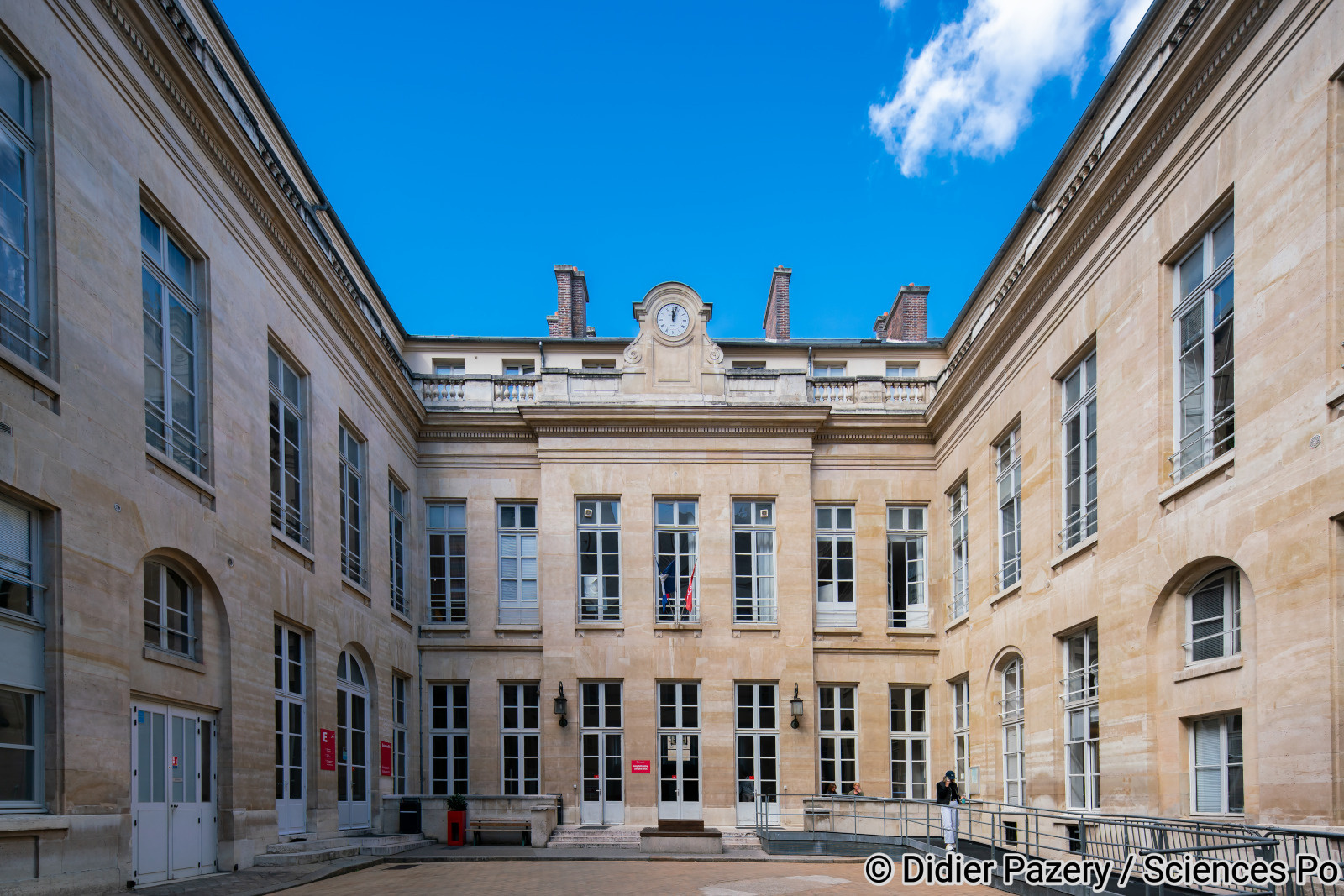Welcome!

Dear colleagues and partners,
The 2024-2025 academic year at CERI began with our participation in the American Political Science Association (APSA) conference held in Philadelphia, against the backdrop of the Kamala Harris/Donald Trump electoral showdown. On this occasion, the panels organised by the French Political Science Association (AFSP) on academic freedom showed that while the infringements on this freedom vary according to the degree of illiberalism in different societies, they now have a global character due to the similarity of their causes. In short, universities are being asked to serve as the last bastion for the appeasement of socio-political debates, while the media and social networks often over politicise and sensationalise intellectual life within universities. This phenomenon, which will only intensify, should elicit the concerted attention and support of civil society, in collaboration with academics, in order to prevent any form of censorship in research and teaching. This is one of the essential and urgent conditions for preserving excellent and, equally important, humanistic knowledge. Another lesson to be drawn from the APSA meetings is that the American and Chinese scientific ecosystems, for certainly different reasons, are now incapable of proposing such a project. Only the European research environment, positioned between these two giants and competitors, seems willing and able to take on a decisive role in the matter of academic freedom by forcefully voicing the tradition of humanistic knowledge.
This semester has also started with the holding of a first research seminar on international relations and global politics with Prof. Kalypso Nicolaidis from the University of Oxford and the publication of Critique internationale’s latest issue, no. 104. At the Sciences Po level, the MENA (Middle East and North Africa) and Africa programmes, in which a significant collective of researchers from the laboratory participate, will also be launched. Moreover, our laboratory seminar, LABSEM, is being revamped and will resume in October on the theme of “authoritarian variations”. Finally, our contributions to national research projects in social sciences (SHS 2030), already selected in the first phase by the National Research Agency, are in the process of being finalised. At the team level, this academic year the CERI is welcoming twelve new doctoral students, a new CNRS research fellow, as well as about twenty visiting professors and five exchange doctoral students. We are also joined by a CNRS research fellow on secondment, a colleague from the PAUSE programme, and for the first time, a researcher in residence with the Picasso Museum, who will work on a project combining comparative politics and art, focused on the reception of the painter’s works in Africa and Latin America.
All of this is taking place in anticipation of our first “new year opening”, which will be held at the Guimet Museum, in the presence of Prof. Rita Abrahamsen, on 24 September. The research of our colleague from the University of Ottawa focuses on African politics, the privatisation of security and its consequences on development, as well as transnational far-right movements. This inaugural event will mark the launch of several new CERI initiatives in the field of scientific mediation and outreach, as it has become crucial to promote research in an innovative, if not festive, manner.
In anticipation of welcoming you to the CERI conferences and seminars, in our recently renovated premises, I wish you, together with the entire team, an academic year rich in exchanges and knowledge!
Stéphanie Balme
Directrice du CERI










